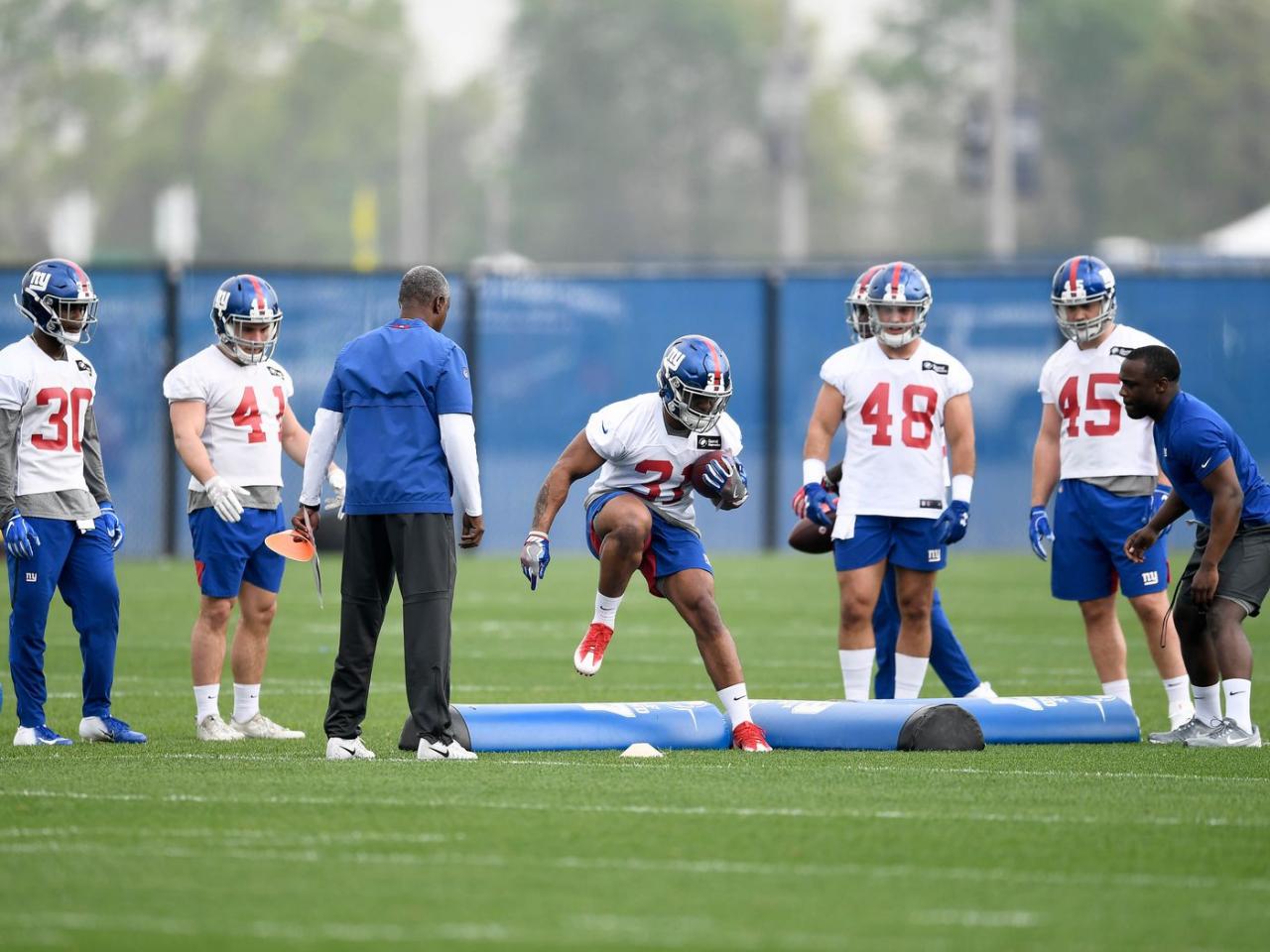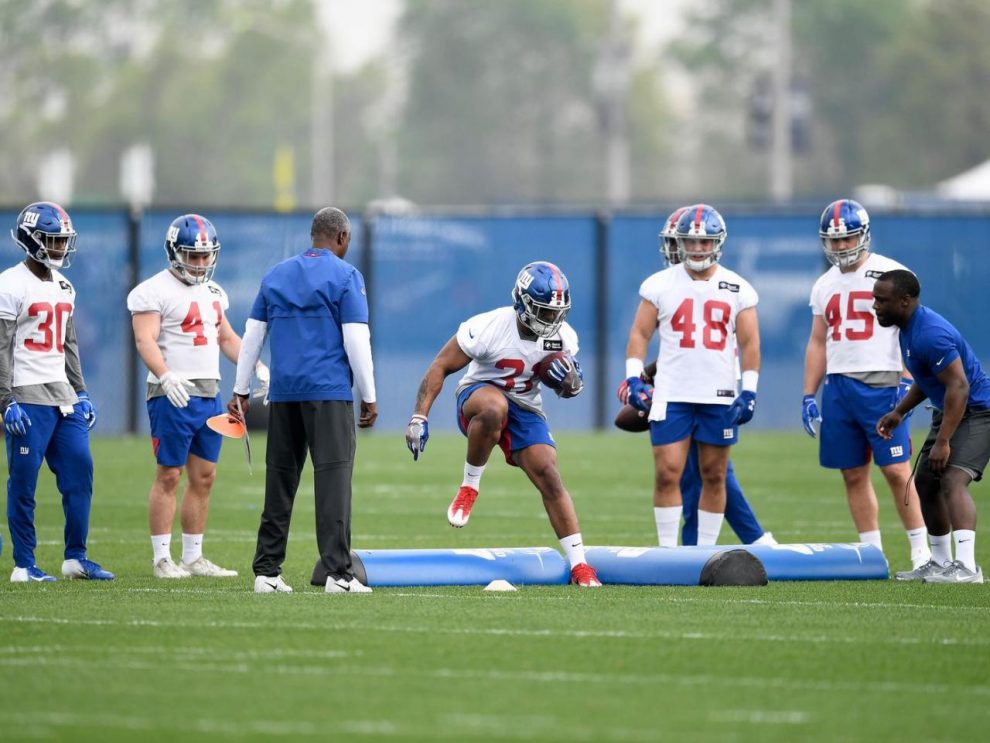
Introduction
The NFL off-season is a crucial period for players to rest, recover, and prepare for the upcoming season. It is during this time that players engage in rigorous training programs to enhance their physical abilities, refine their skills, and ensure their longevity in a physically demanding sport. In this comprehensive article, we will explore the significance of off-season training in the NFL, incorporating existing technology and real-life examples to provide a detailed understanding of its impact on a player’s performance and career longevity.
I. The Importance of Rest and Recovery: Healing the Body and Mind
Understanding the Physical Demands of the NFL
The NFL is a grueling sport that places immense physical demands on its players. The intense physicality, high-speed collisions, and constant training can take a toll on the body. The off-season provides players with a much-needed opportunity to rest and recover, allowing their bodies to heal from the wear and tear of the previous season.
Embracing Recovery Techniques
Rest and recovery techniques have become a crucial component of off-season training programs. From cryotherapy and massage therapy to yoga and meditation, players utilize various methods to rejuvenate their bodies and minds. These techniques aid in reducing inflammation, promoting muscle recovery, and preventing injuries. By prioritizing rest and recovery, players can maintain their physical health and optimize their performance for the long term.
Case Study: Tom Brady’s Commitment to Recovery
Tom Brady, widely regarded as one of the greatest quarterbacks in NFL history, is known for his meticulous approach to off-season recovery. He emphasizes the importance of proper rest, nutrition, and recovery techniques to ensure his longevity in the game. Brady’s commitment to recovery has allowed him to maintain a high level of performance well into his 40s, defying the conventional expectations of player aging in the NFL.
II. Physical Conditioning: Building Strength, Speed, and Agility
Building Strength and Power
Physical conditioning is a fundamental aspect of off-season training in the NFL. Players focus on building strength and power to withstand the physical demands of the game. Strength training programs, incorporating weightlifting, resistance exercises, and plyometrics, help players develop the necessary muscular strength to excel on the field.
Enhancing Speed and Agility
Speed and agility are critical attributes for success in the NFL. Off-season training programs often include drills and exercises specifically designed to improve speed, acceleration, and change of direction. From sprint training to ladder drills and cone exercises, players work diligently to enhance their quickness and agility, giving them a competitive edge on the field.
Case Study: Aaron Donald’s Relentless Training
Aaron Donald, a dominant defensive tackle for the Los Angeles Rams, is renowned for his relentless work ethic and dedication to physical conditioning. He is widely regarded as one of the strongest and most agile players in the league. Donald’s commitment to off-season training, including intense strength and conditioning regimens, has contributed to his remarkable success and longevity in the NFL.
III. Skill Development: Perfecting Techniques and Football IQ
Refining Technical Skills
Off-season training provides players with the opportunity to refine their technical skills and improve their football fundamentals. Position-specific drills, route running, ball handling, and tackling techniques are meticulously practiced during this time. By focusing on skill development, players can elevate their performance and contribute more effectively to their teams.
Expanding Football IQ
Football IQ, or the mental aspect of the game, is crucial for success in the NFL. Off-season training allows players to study film, analyze opponents, and develop a deeper understanding of the game. This expanded football IQ enables players to make better decisions on the field, anticipate plays, and adjust to the ever-changing dynamics of the game.
Case Study: Peyton Manning’s Commitment to Mastery
Peyton Manning, a legendary quarterback known for his exceptional football IQ, was renowned for his off-season preparation and commitment to skill development. He would spend hours studying film, analyzing opponents’ defenses, and refining his throwing mechanics during the off-season. Manning’s dedication to honing his skills contributed to his remarkable career and his ability to dissect defenses with precision.
Conclusion
Off-season training is a critical period for NFL players to rest, recover, and prepare for the upcoming season. By prioritizing rest and recovery, focusing on physical conditioning, and refining their skills, players can enhance their performance and ensure their longevity in the physically demanding sport of football. With advancements in technology and a growing understanding of the importance of off-season training, players have more tools at their disposal to optimize their physical abilities and elevate their game. The commitment to off-season training has become a key factor in the sustained success of NFL players, enabling them to compete at the highest level and extend their careers.











